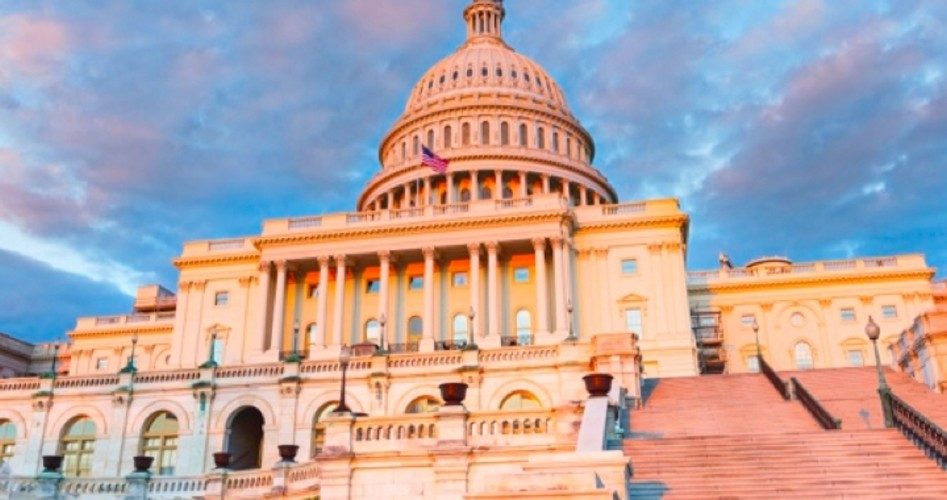
“But while his men were sleeping, his enemy came and sowed tares among the wheat, and went his way.”
— Matthew 13:25
While Americans slept, the enemies of liberty expanded the size and scope of the already sprawling surveillance state.
As National Journal reported last week, “Congress … quietly passed a bill that may give unprecedented legal authority to the government’s warrantless surveillance powers.”
The House of Representatives approved the bill in question on December 10 by an overwhelming majority of representatives, 325 in favor, 100 against.
As has become customary in Congress, one member of the House — Justin Amash (R-Mich.) — stepped into the breach and tried protecting the people from the prying eyes of the Panopticon. As reported by National Journal:
Amash staged an aggressive eleventh-hour rally Wednesday night to block passage of the Intelligence Authorization Act, which will fund intelligence agencies for the next fiscal year. The Michigan Republican sounded alarms over recently amended language in the package that he said will for the first time give congressional backing to a controversial Reagan-era decree granting broad surveillance authority to the president.
The 47-page intelligence bill was headed toward a voice vote when Amash rose to the House floor to ask for a roll call. Despite his efforts — which included a “Dear Colleague” letter sent to all members of the House urging a no vote — the bill passed 325-100, with 55 Democrats and 45 Republicans opposing.
Representative Amash is commendable for his near constant communication with voters on his Facebook and Twitter accounts.
On his Facebook page, Amash called the Intelligence Authorization Act “one of the most egregious sections of law I’ve encountered during my time as a representative.”
The part of the bill most adamantly opposed by Amash (and others) “authorizes ‘the acquisition, retention, and dissemination’ of nonpublic communications, including those to and from U.S. persons.”
In other words, the personal electronic communications of Americans obtained in violation of the Fourth Amendment are not only monitored and stored, but they will be made available to local law enforcement (assuming such a thing still exists) for use in investigating crimes.
The abridgments of fundamental liberties by the NSA are only the tip of the massive surveillance iceberg. Phone calls, texts, social media posts, etc. are all now subject to the surveillance and sharing of the executive branch.
This Republic has entered an era in which the representatives of the people secretly sign off on the systematic destruction of the constitutional walls erected to protect the people from the abuses and usurpations of those who would be their masters.
The version of the Intelligence Authorization Act approved by the House on December 10 cleared the bill for the president, since the Senate had passed the same bill a day earlier by unanimous consent.
Joe A. Wolverton, II, J.D. is a correspondent for The New American. Follow him on Twitter @TNAJoeWolverton and he can be reached at [email protected].



